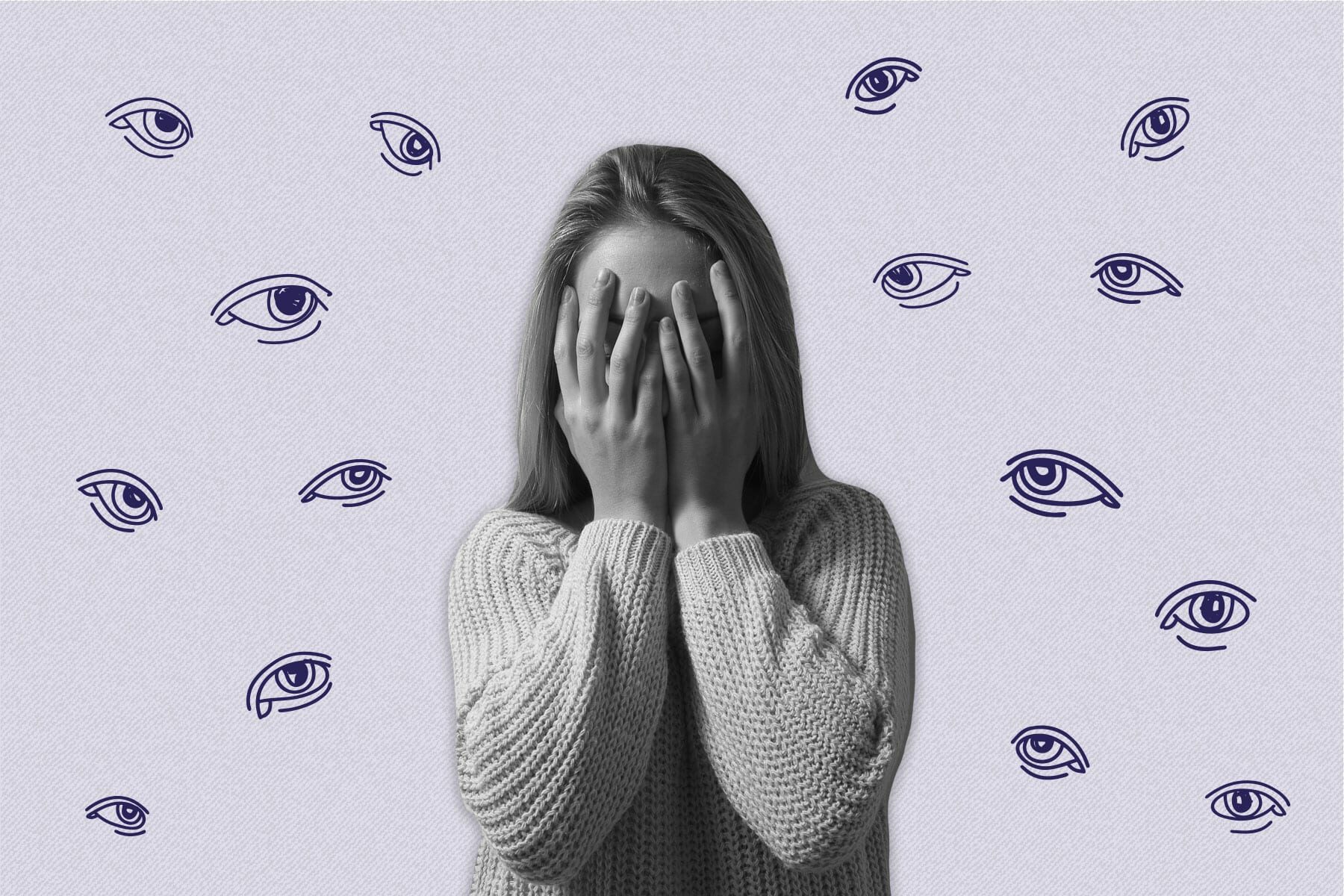
How Do You Know If You Have Depression?
The World Health Organization states, “Depression is the leading cause of disability.” It may cause a person to take their own life, damage their relationships,

Anxiety is your body’s natural response to stress. It’s a feeling of fear or apprehension about what’s to come. Anxiety can mean nervousness, worry, or self-doubt. Sometimes, the cause of anxiety is easy to spot, while other times it may not be. Everyone feels some level of anxiety once in a while. But overwhelming, recurring, or “out of nowhere” dread can deeply impact people.
Anxiety can cause intrusive or obsessive thoughts. A person with anxiety may feel confused or find it hard to concentrate. Feeling restless or frustrated can also be a sign of anxiety. Other people with anxiety may feel depressed.
Symptoms of anxiety can also be physical:
Anxiety is at the root of many mental health conditions, including panic attacks and phobias. It is often directly related to other conditions, like obsessions and compulsions, PTSD, and depression. In addition to generalized anxiety, the DSM-5 lists the following mental health issues as anxiety disorders:
Types of therapy that are often used to treat anxiety include:

The World Health Organization states, “Depression is the leading cause of disability.” It may cause a person to take their own life, damage their relationships,

Stress is a bodily response to the demands of life. It is an experience everyone has but too much stress can be harmful. There are

Sleep-wake disorders are marked by disturbances in sleep patterns. They may impact physical, mental, and emotional health. External factors can cause sleep disorders. These may include